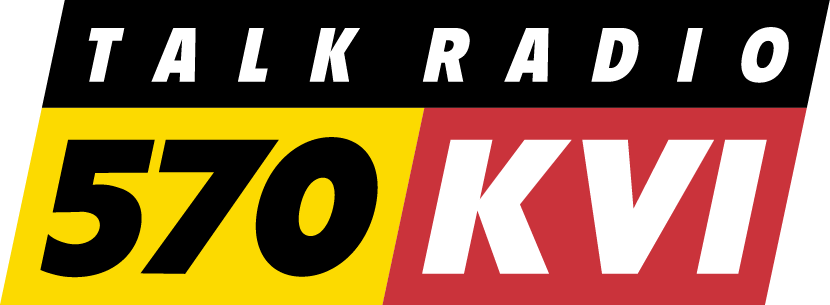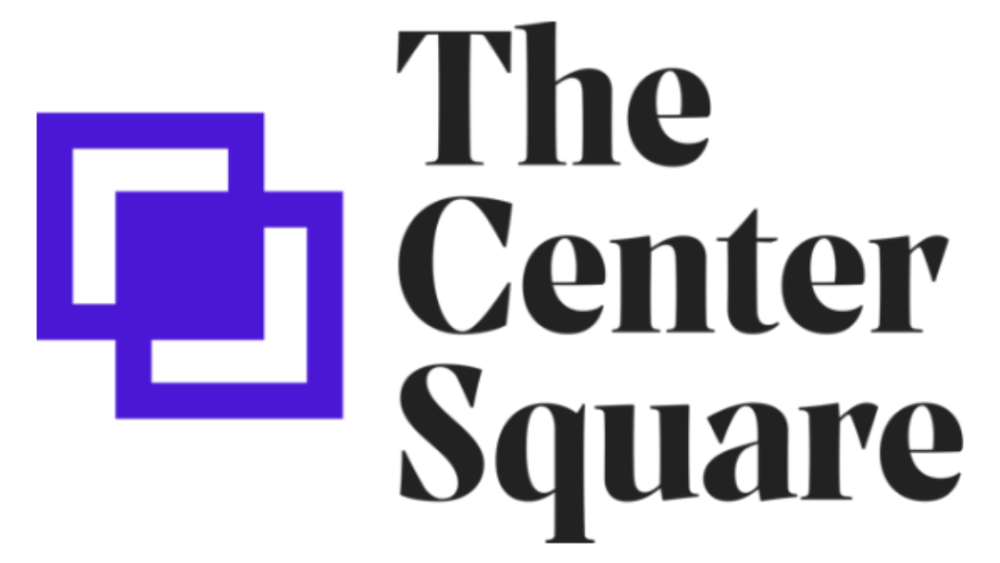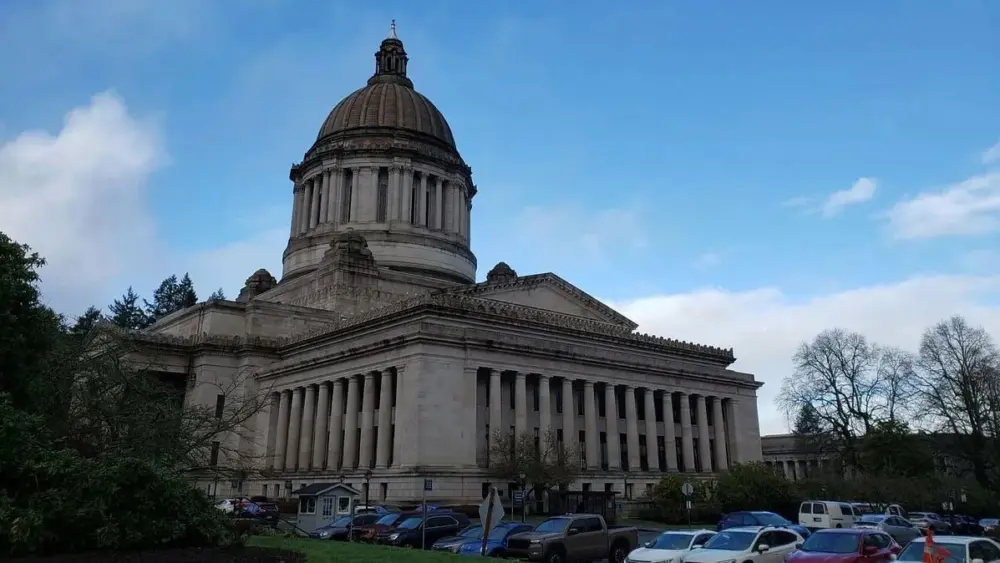(The Center Square) – A Washington Senate bill would officially hand over the state’s centralized election database to the University of Washington, a move proponents believe will offer greater public access to information. Some critics say it could make it easier for individuals to sue the state and create potential for partisan use of that data.
In 2022, the state Legislature appropriated funds for UW to create a data repository that includes a variety of information about elections, including estimated racial demographics in electoral precincts between 2007-2022. The database is managed by the Center for the Study of Demography and Ecology under Director Scott Allard.
Senate Bill 5837 sponsored by Sen. Javier Valdez, D-Seattle, would codify the database under the UW’s control, to be managed by a director employed at the UW. The director would be required to bring in staff “to implement and maintain the database.”
Among the described uses of the database include:
Assisting state and local governments with evaluations of voting laws and practices and whether they are “consistent with public policy”;Implementing best practices for voting and elections; andInvestigating potential infringements upon the right to vote.
Testifying on the Senate floor prior to the Monday vote, Valdez said that “individuals are trying to find certain information about how a certain election went. (We) want to ensure going forward if folks have a question on a certain small town election for a school board…that information is now going to be in one central location.”
However, the bill was opposed by Sen. Jeff Wilson, R-Longview, who said having a “clearing house that’s available freely” of election data could “create a clearinghouse for lawsuits,” even by people who don’t live in the state.
“I suggest that data be compiled and sent to the districts and those that are involved in those once every ten-year processes of redistricting,” he added. “I’m deeply concerned this information has a clear message to use this for litigation purposes, not necessarily to solve the problem, because already that’s a challenging process. ‘Sue me and pay me now, or pay me later.’ That’s not what this should be about.”
Others who have expressed concerns about the legislation include Julie Barrett, founder of Conservative Ladies for Washington. At the bill’s Jan. 9 public hearing before the Senate State Government & Elections Committee, she expressed concern that the data could be used for partisan purposes by staff handling the database.
According to Open Secrets, the top recipient of individual donations from the UW affiliates and faculty was Common Power PAC. According to its website, “We mobilize volunteers for voters around the country, while investing in the next generation of leaders and building lasting community. Because we believe the most common power we should all have is the power of our vote.”
“I think it’s pretty safe to say there are no true nonpartisan organizations, or at least they’re extremely rare,” Barrett said.
The bill is scheduled for a Friday public hearing in the House Committee on State Government & Tribal Relations.






